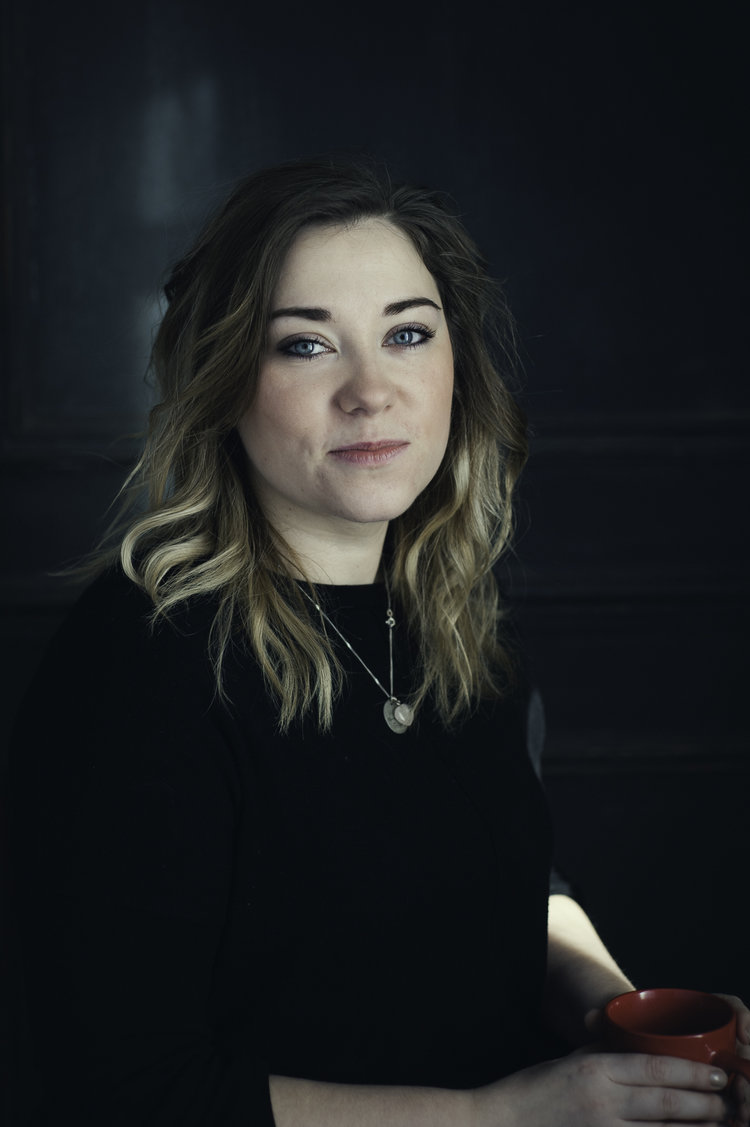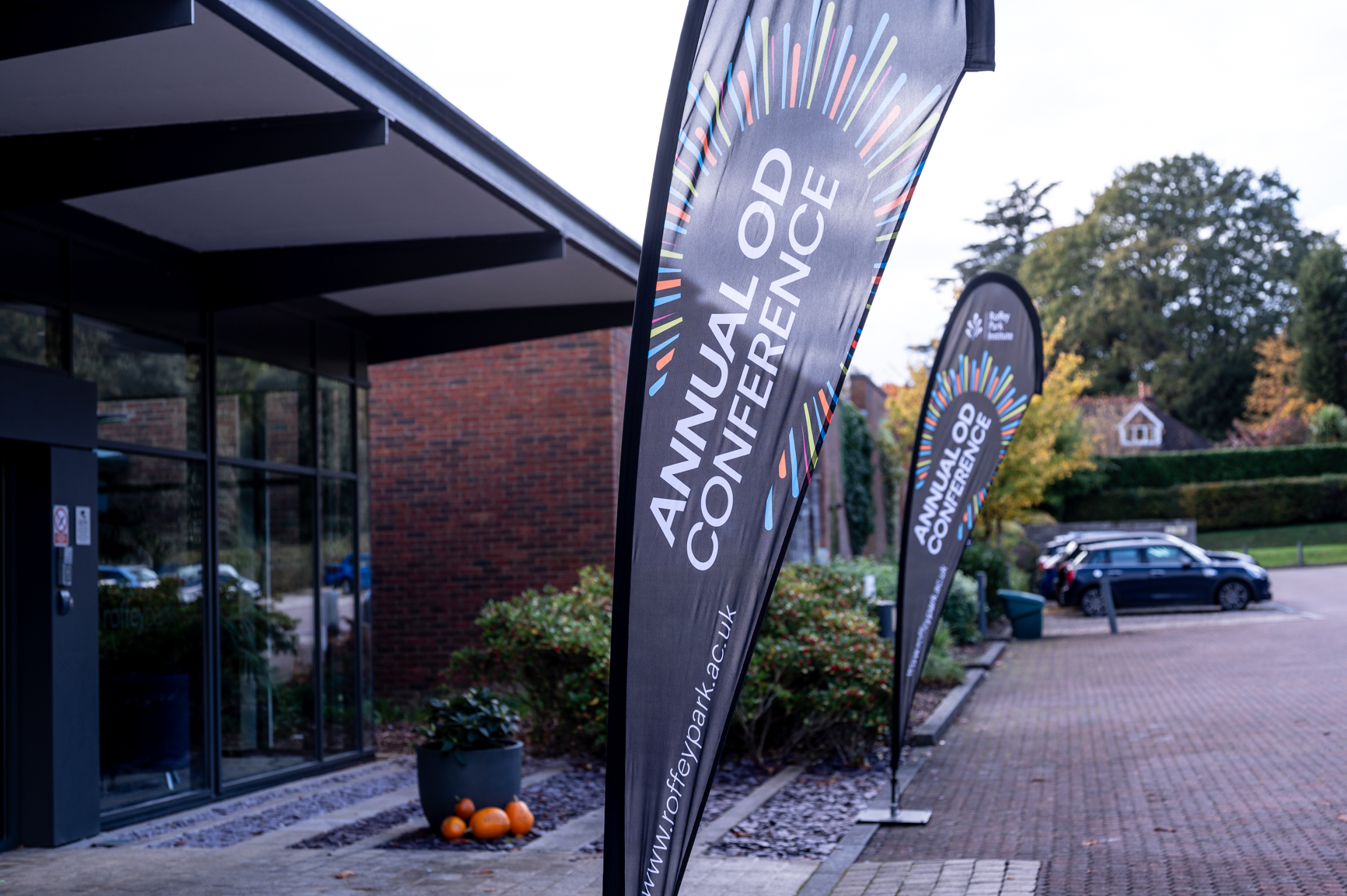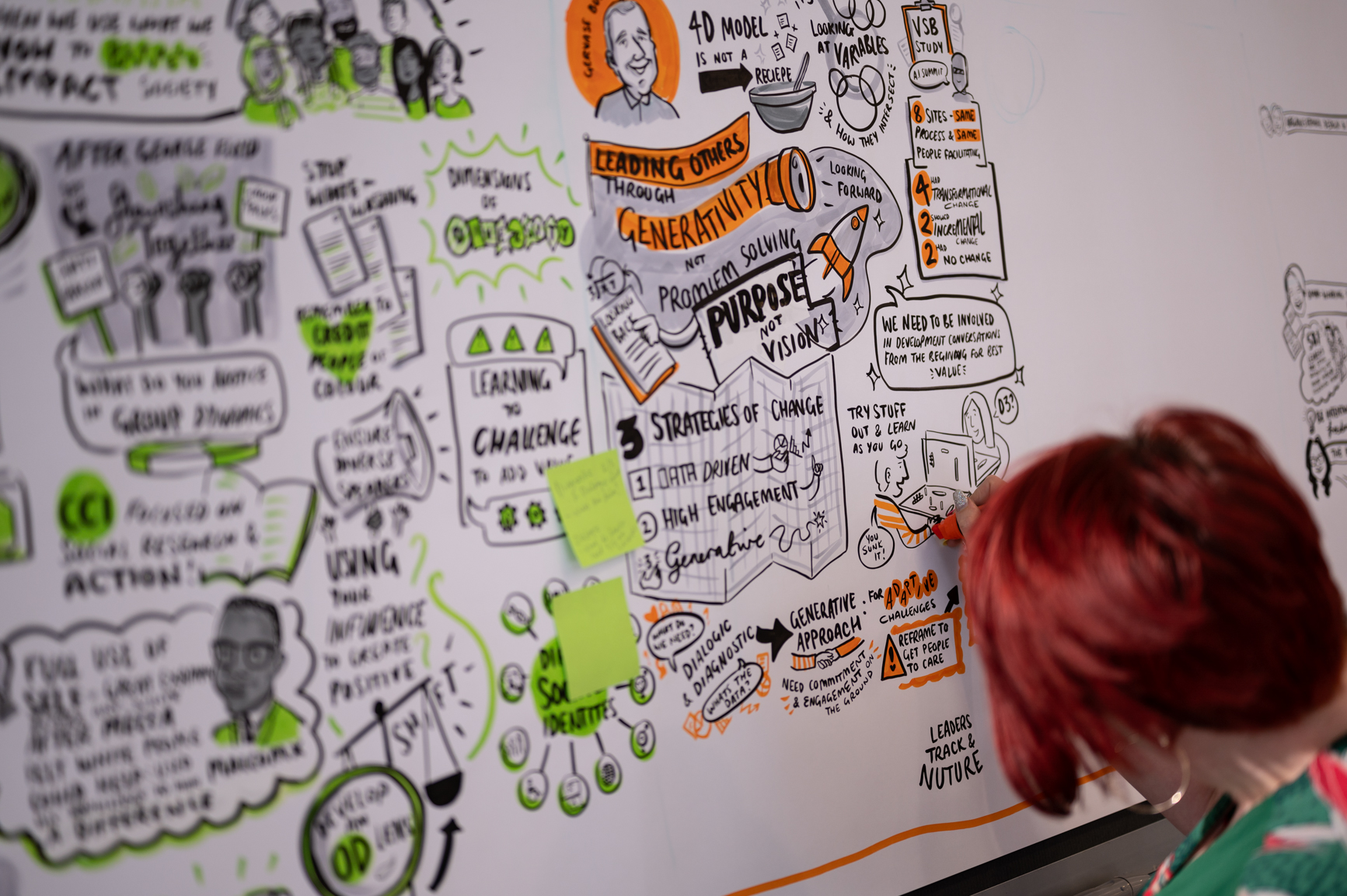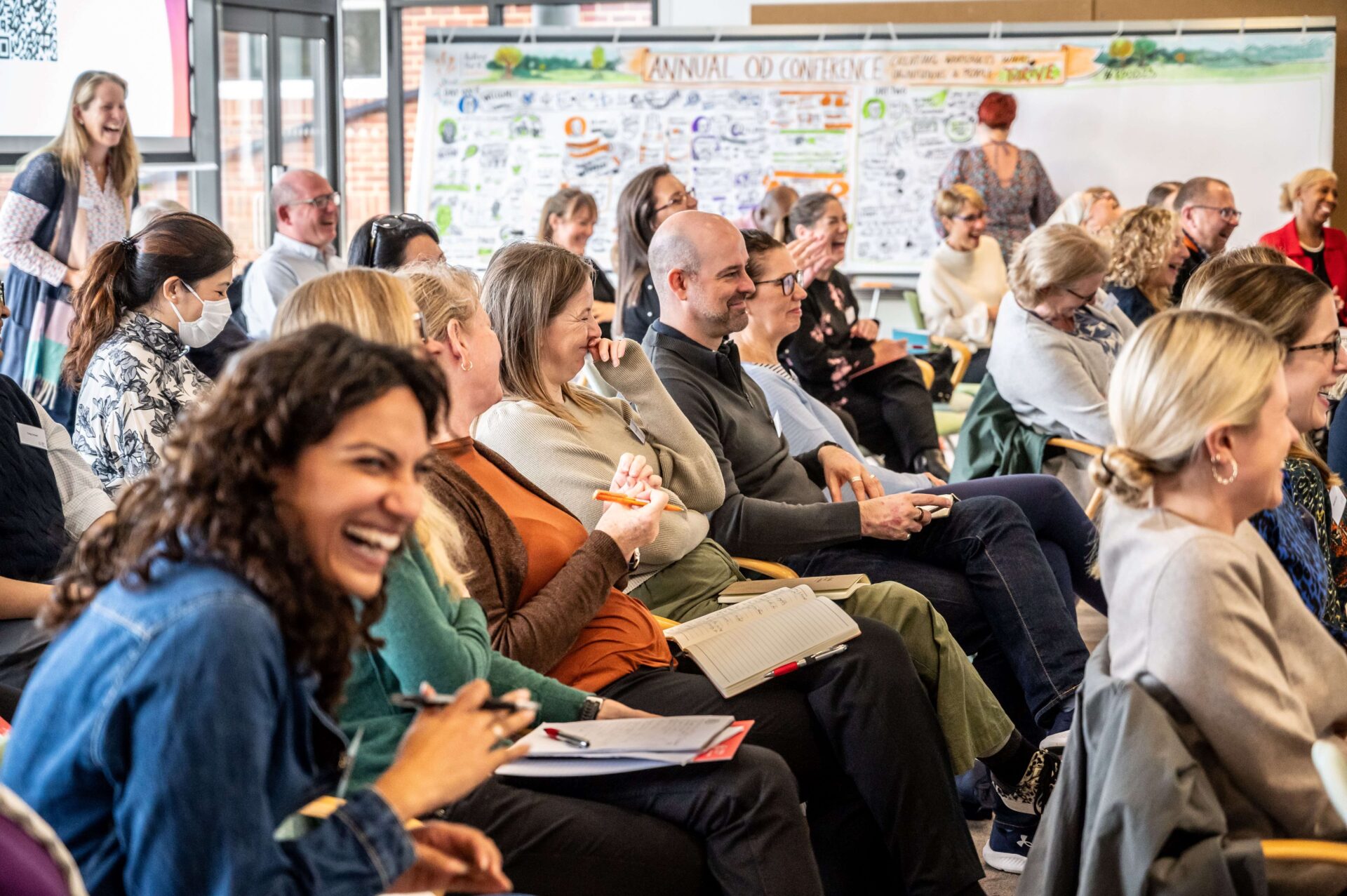What are the assumptions about inclusion and inclusive leadership that hinder real progress in organisations? How can Organisational Development (OD) ensure that inclusive leadership becomes a core and sustainable element of organisational performance rather than an additional or superficial practice? At this year’s Roffey Park Institute OD Conference, renowned Leadership & OD specialist and best-selling author, Sile Walsh, will explore these critical questions and much more, offering insights into how OD can drive meaningful, lasting inclusion.

Sile’s Journey
Sile Walsh has been collaborating with individuals and organisations since 2008, across diverse sectors in the USA, UK, and Europe. Her formal education includes an HDip in Coaching Psychology and an MSc in Personal and Management Coaching from University College Cork. In 2011, Sile founded ELIS Advantage, a purpose-driven organisation dedicated to fostering effective leadership and inclusive solutions for businesses.
Sile’s expertise and commitment to inclusive leadership have earned her numerous accolades, including becoming a 2024 Irish Times bestselling author, a Sunday Independent bestselling author, and a No.1 Amazon bestselling author in HR, management and leadership categories. Her latest book, Inclusive Leadership: Navigating Organisational Complexity, delves deep into the challenges and opportunities of embedding inclusion into the fabric of organisational life.
As an Associate and Leadership Development Consultant at Roffey Park Institute, Sile collaborates on high-impact leadership and organisational development programmes throughout Europe, both in-person and online. Her work emphasises the importance of inclusive leadership in shaping the organisational impact of business decisions, team management and fostering environments where diversity thrives.
Sile and OD
Sile’s career began in community development, where she quickly realised that focusing solely on individual performance did not translate into organisational success. This led her to Organisational Development (OD), where she found a framework that aligned with her intuitive practices. “I had the structure for what I had been doing with organisations without having the OD language,” she explains. “I had been using an OD lens which sparked me in a particular direction—dialogic OD.”
At the conference, Sile plans to illustrate how dialogic OD can embrace diverse perspectives beyond the traditional Eurocentric or white male viewpoint, without excluding them. “Instead of replacing, how can we hold worldviews that are all relevant?” she asks. She critiques the current methods of measuring performance, which are often rooted in a WEIRD (Western, Educated, Industrialised, Rich, Democratic) perspective. “The issue with that is it focuses too much on individuals, ignoring that performance is deeply influenced by environment, context and relationships,” she notes. Sile advocates for inclusive leadership as a means to cultivate high-performing, innovative organisations that remain relevant in a rapidly changing world.
Think Local, Act Global
Sile’s approach aligns perfectly with this year’s conference theme, ‘Think Local, Act Global.’ She believes that inclusive leadership strongly aligns with this philosophy because it emphasises creating environments where diverse perspectives are valued and leveraged for organisational success. “Inclusive leadership naturally lends itself to thinking locally – understanding and appreciating the unique contexts, cultures and needs of different teams or regions within an organisation. At the same time, it allows for global action by fostering collaboration and shared goals across these diverse groups,” Sile explains.
Inclusive leaders recognise that local insights can drive global innovation and performance. They create spaces where unique local knowledge can be shared and applied on a broader scale, ultimately leading to more effective global strategies. “This approach also helps in navigating the complexities of global markets while remaining sensitive to local nuances,” she adds. For Sile, this connection between the local and global is a key aspect of her leadership experiences and informs her work in helping organisations become more inclusive and high performing.
Inclusion and Innovation
Sile’s upcoming talk will challenge the notion that inclusion in the workplace is equivalent to societal inclusion. “We all belong in society, but we don’t all belong in an organisation—we only belong when we contribute to its purpose,” she asserts. She encourages participants to prepare by reflecting on their own definitions of inclusive leadership, the origins of those perspectives, and their experiences with diversity and inclusion initiatives. What worked, what didn’t, and how did it make you feel?
Are you ready to have your assumptions about inclusive leadership, and inclusion to be unpacked and reworked as a helpful tool rather than a distraction? Do you want to learn how inclusion can drive innovation and excellence and create great places to work? If so, join us at Roffey Park Institute on October 24-25 for this groundbreaking talk.





